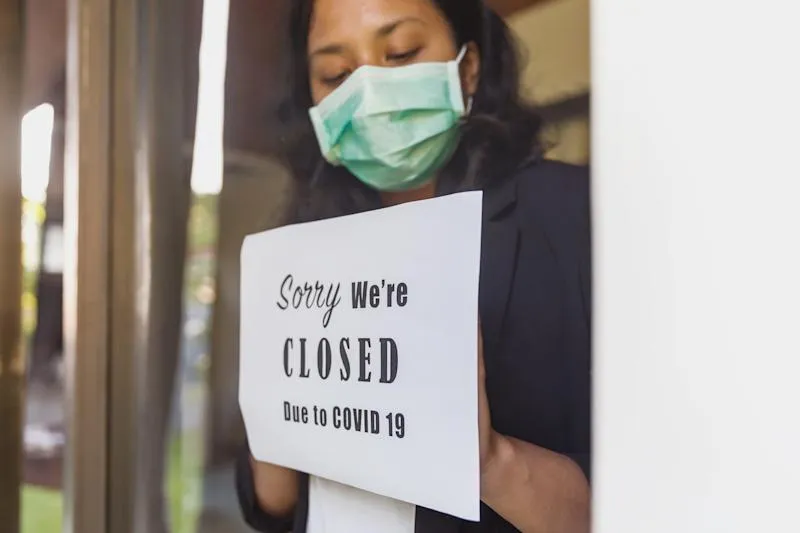@hattiehughs14 asked, "Should the government have the power to decide if a business can be open or not during a pandemic?"
In mid-March of 2020, the U.S. government gave orders for businesses to shut down unless they were deemed essential. The intention was to "flatten the curve" of COVID-19 transmission rates, but its effects on society, especially on small businesses, were damaging (CATO Institute). Although the "shutdown" orders did in fact reduce transmission of the virus, one should also consider how such orders affect the phycological health of citizens.
Although it's hard to argue whether the shutdown orders were beneficial overall, it's important to ask whether they were even necessary to begin with. In the beginning of March of 2020, a lot of businesses were already putting preventative measures into practice out of caution of the quickly spreading disease before the government put their shutdown policies into play in mid-March of 2020 (CATO Institute).
Thus, I think Dr. Bylund would say the government should not decide for businesses whether they should shut down in light of a pandemic, based on what he wrote in chapter 5 in his book The Seen, the Unseen, and the Unrealized. He argued that a decentralized market is self-regulating because the entrepreneurs who comprise it are highly responsive to changes to the wants of their consumers. If this is true, then the government should not have shut down small businesses, because the entrepreneurs who run them were already aware that everyone was getting scared of the pandemic, and they could predict the affect this would have on the wants of their consumers respond accordingly, to take precautionary measures or shut down on their own accord.
After all, shouldn't it be the liberty of the people to decide whether or not taking the risk of contracting a deadly disease is worth it to them? It's difficult to say, however, when the risky acts of one person (not social distancing) can directly affect other people, and this is especially true for anyone living in an apartment or something similar. I conclude that, because of the bizarreness of the COVID-19 situation, the government was right to mitigate the spread of the virus, but their filter for what businesses shouldn't be shut down (only the essential) seemed too narrow and interfering.
As a sidenote, I would like to mention the more positive actions the government took in response to the pandemic; the government spent billions of dollars to aid individuals, hospitals, education, the unemployed, and businesses, small and large alike, via the CARES Act, the American Rescue Plan, and the Payment Protection Plan (Peter G. Peterson Foundation). The U.S. government isn't comprised of a bunch of hooligans making a bunch of silly mistakes; they are our hope of protecting our lives, liberty, and property, and they are perhaps one of the best at doing so in the world, although no government can be perfect.
